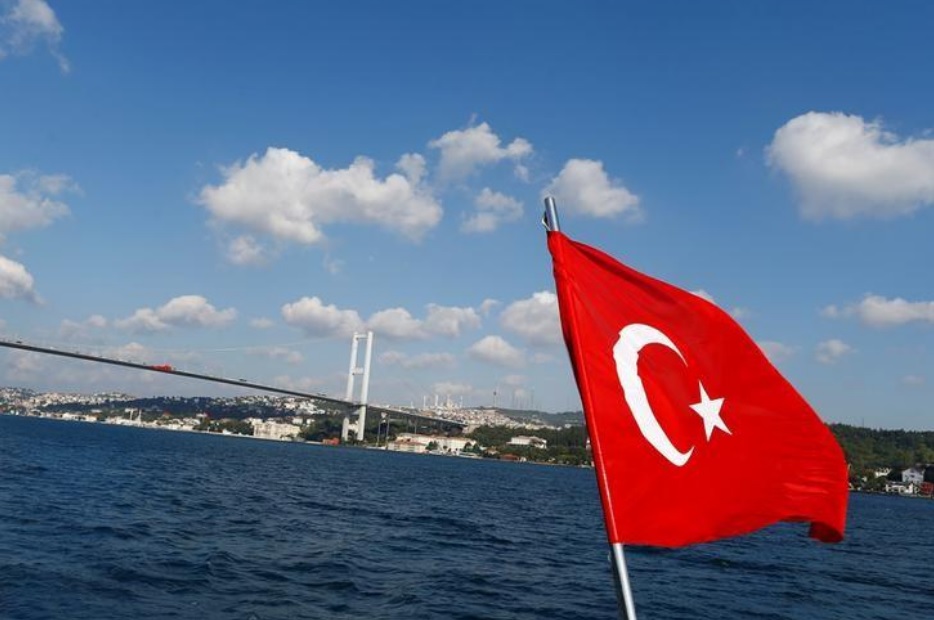
Turkey blocked access to Twitter and YouTube on Monday over the publication of photographs of an Istanbul prosecutor held at gunpoint by far-left militants hours before he was killed in a shootout last week, officials said.
Presidential spokesman Ibrahim Kalin said a prosecutor had sought the block on access to social media sites because some media organizations had acted "as if they were spreading terrorist propaganda" in sharing the images.
"This has to do with the publishing of the prosecutor's picture. What happened in the aftermath (of the prosecutor's killing) is as grim as the incident itself," Kalin said.
"The demand from the prosecutor's office is that this image not be used anywhere in electronic platforms," he told a news conference in Ankara.
Istanbul prosecutor Mehmet Selim Kiraz died from his wounds last Tuesday after security forces stormed the office where members of the far-left Revolutionary People's Liberation Party-Front (DHKP-C) had taken him hostage.
His two captors were also killed.
The DHKP-C had published a picture of Kiraz with a gun to his head and said it would kill him unless its demands were met.
"The wife and children of prosecutor Kiraz have been deeply upset. The images are everywhere," a senior Turkish official told Reuters.
"A request has been made to both Twitter and YouTube for the removal of the images and posts but they have not accepted it and no response has been given. That's why this decision has been taken through a court in Istanbul."
Twitter and YouTube could not immediately be reached for comment. Turkey's telecoms regulator also could not immediately be reached and there was no statement on its website.
Turkey temporarily blocked Twitter and YouTube in the run-up to local elections in March 2014, after audio recordings purportedly showing corruption in then-Prime Minister Tayyip Erdogan's inner circle were leaked on their sites. That decision caused a public uproar and drew heavy international criticism.
Turkey filed over five times more content-removal requests to Twitter than any other country in the second half of 2014, data published in February by the micro-blogging site showed. Last year, Turkey tightened laws allowing sites to be blocked by the authorities more easily.




